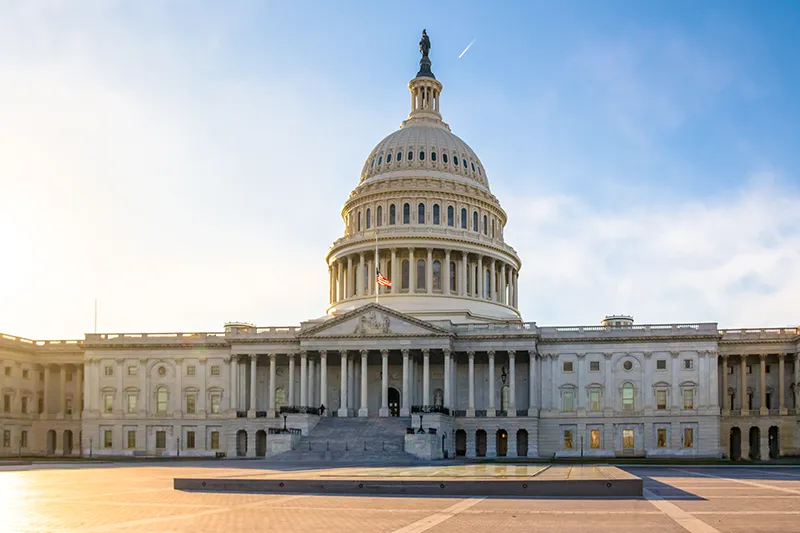By UCBA Team
Congressional researchers released a new report that details the expanding policy gap between federal and state marijuana laws, emphasizing that states are continuing to move forward with legalization, regardless of whether Congress acts on a federal level.
The Congressional Research Service (CRS) has released several briefings on the policy gap amid the rapidly growing state reform movement of cannabis use. This most recent three-page brief reiterates several points it has previously made, including the fact that federal prohibition isn’t slowing down the reform wave.
The paper also discusses the difficulties that academics encounter when trying to study marijuana, such as getting approval from the Food and Drug Administration (FDA) and the Drug Enforcement Administration (DEA) (FDA).
CRS noted that President Joe Biden recently signed a bipartisan bill that, among other things, imposes new requirements on the DEA to quicken registration for marijuana researchers. The law also mandates the Department of Health and Human Services to report on the therapeutic potential of marijuana for various conditions, such as epilepsy, and encourage research on marijuana’s effects on adolescent brains and users’ capacity to operate a vehicle.
The report also briefly mentions that, despite 2014 guidance from the Financial Crimes Enforcement Network (FinCEN) outlining reporting obligations for financial institutions that do choose to service cannabis businesses, federal banking regulators have yet to issue any formal guidance in response to state and local marijuana legalization efforts.
The paper briefly summarizes the cannabis policy gap, which the organization examined in-depth in independent research in April.
More recently, CRS released a report last month emphasizing the “uncertainty” of the federal government’s position on safe drug consumption sites. The report also noted that lawmakers could temporarily resolve the issue by advancing an amendment similar to the one that has allowed medical marijuana laws to be implemented without Justice Department interference.
It is encouraged that you read the full report for your reference. You can find the full report here.

